Spice It Up: A Flavorful Journey Through Mediterranean Spices
There’s something magical about the way Mediterranean spices can transform a simple dish into a feast for the senses. From the sun-soaked coasts of Greece to the bustling markets of Morocco, these spices are more than just flavor—they’re a story, a tradition, and a celebration of life.

Table of Contents
- Practical Tips for Using Mediterranean Spices
- A Deep Dive into Mediterranean Spice Traditions
- The Ultimate Buying Guide for Mediterranean Spices
- Conclusion
Practical Tips for Using Mediterranean Spices
Mediterranean spices are versatile and can be used in a variety of dishes, from roasted vegetables to grilled meats. Here are some practical tips to help you make the most of your spice collection:
- Start Small: When experimenting with new spices, begin with a small amount. You can always add more, but it's hard to undo an overpowering flavor.
- Pair Wisely: Certain spices go well together. For example, oregano and thyme work beautifully in Italian dishes, while cumin and coriander pair perfectly in Moroccan recipes.
- Toast Before Use: Toasting spices before grinding or using them can enhance their aroma and flavor. Simply heat them in a dry pan until fragrant.
- Use Freshness: The fresher the spices, the better the flavor. Store them in airtight containers away from light and moisture.
- Experiment with Blends: Don't be afraid to mix different spices to create unique flavor profiles. Try combining paprika, cinnamon, and nutmeg for a warm, spicy twist on traditional recipes.
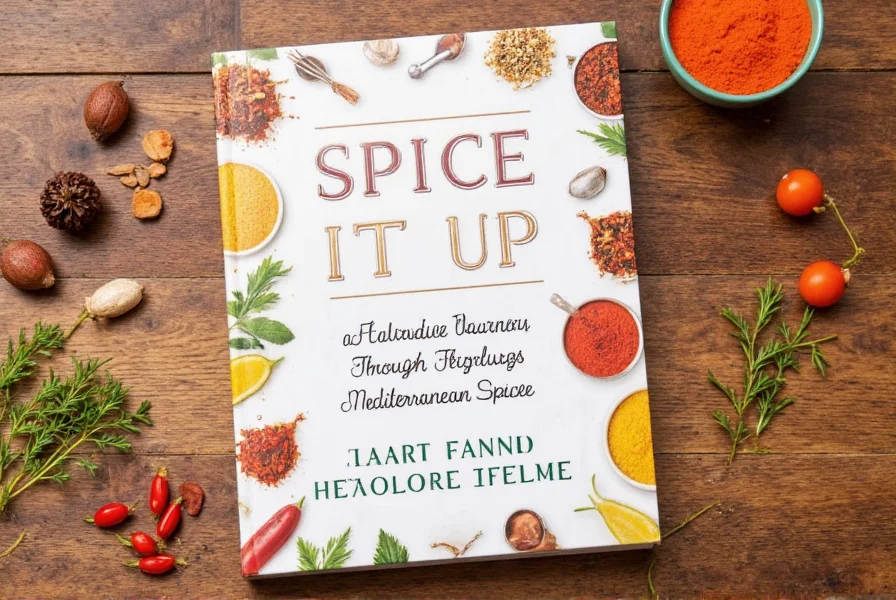
A Deep Dive into Mediterranean Spice Traditions
The Mediterranean region is home to a rich tapestry of cultures, each with its own unique spice traditions. These spices not only add flavor but also reflect the history, geography, and lifestyle of the people who use them.
Common Mediterranean Spices and Their Uses
| Spice | Origin | Flavor Profile | Common Uses |
|---|---|---|---|
| Oregano | Greece | Earthy, slightly bitter | Pizza, pasta, tomato sauces |
| Cumin | North Africa | Warm, earthy | Curries, stews, meat dishes |
| Saffron | Spain | Sweet, floral | Paella, rice dishes, desserts |
| Sumac | Lebanon | Tart, citrusy | Salads, grilled meats, dips |
| Coriander | Middle East | Citrusy, slightly sweet | Curries, soups, breads |
Historical Significance of Mediterranean Spices
Mediterranean spices have played a significant role in trade and culture for centuries. The Silk Road and maritime trade routes helped spread these spices across continents, making them highly sought after. In fact, saffron was once worth more than gold!
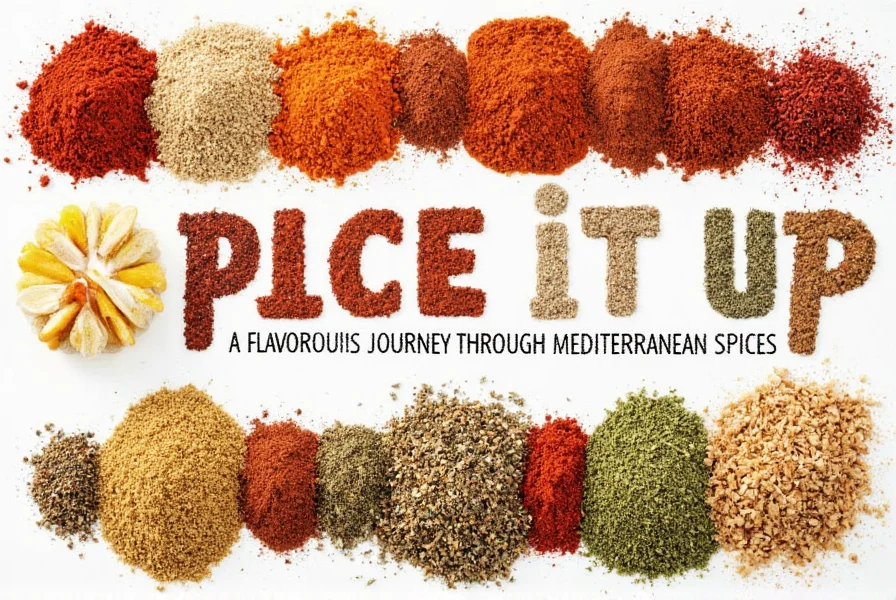
Cultural Influence of Spices
Spices are deeply embedded in the culinary traditions of the Mediterranean. In Italy, oregano is a staple in many home kitchens, while in Turkey, sumac is often used as a finishing spice to add a tangy kick to dishes. Each region has its own way of incorporating these spices, creating a diverse and flavorful culinary landscape.
The Ultimate Buying Guide for Mediterranean Spices
When it comes to buying Mediterranean spices, there are several factors to consider to ensure you get the best quality and value for your money. Here’s a detailed guide to help you make informed choices:
Key Features to Look For
- Freshness: Look for spices that are brightly colored and have a strong aroma. Avoid any that smell musty or stale.
- Origin: Spices from their native regions tend to be more authentic and flavorful. For example, Greek oregano is often considered superior to generic versions.
- Quality: Choose spices that are free from additives and preservatives. Organic options are a great choice if you're looking for natural products.
- Packaging: Opt for airtight containers to keep the spices fresh for longer. Glass jars are ideal as they protect the spices from light and moisture.
Popular Products and Their Advantages
Here are some popular Mediterranean spice products and why they're worth considering:
1. Greek Oregano
- Features: Dried oregano leaves, hand-picked from the Mediterranean region.
- Advantages: Adds a robust, earthy flavor to Italian and Greek dishes. Ideal for pizza, pasta, and tomato-based sauces.
- Use Cases: Cooking, baking, seasoning.
- Target Audience: Home cooks, professional chefs, and food enthusiasts.
- Suitable Occasions: Weeknight dinners, family gatherings, holiday meals.
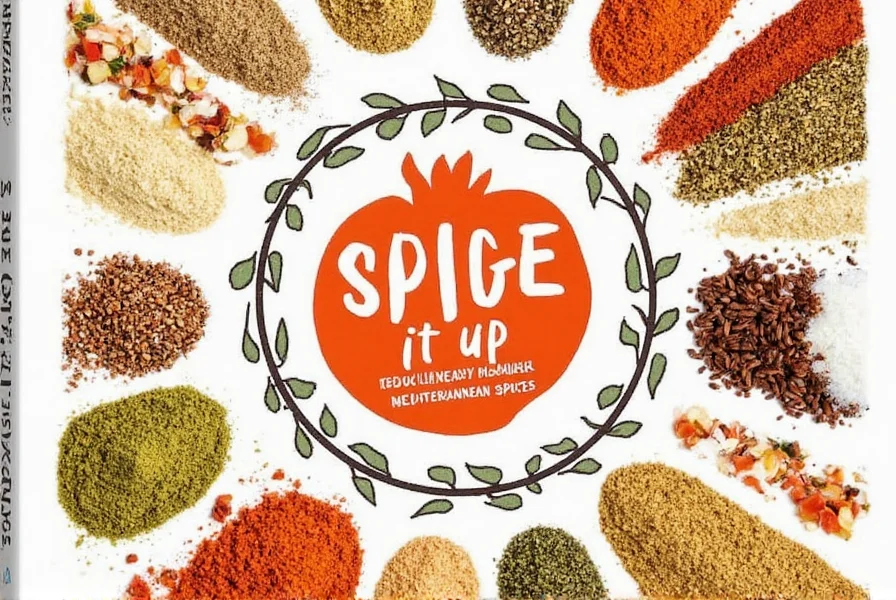
2. Saffron Threads
- Features: High-quality saffron threads, harvested from the Crocus sativus flower.
- Advantages: Offers a distinct, aromatic flavor and vibrant color. Enhances the taste and appearance of rice dishes and desserts.
- Use Cases: Cooking, gourmet dishes, specialty recipes.
- Target Audience: Culinary professionals, home bakers, and spice connoisseurs.
- Suitable Occasions: Special occasions, fine dining, cultural celebrations.
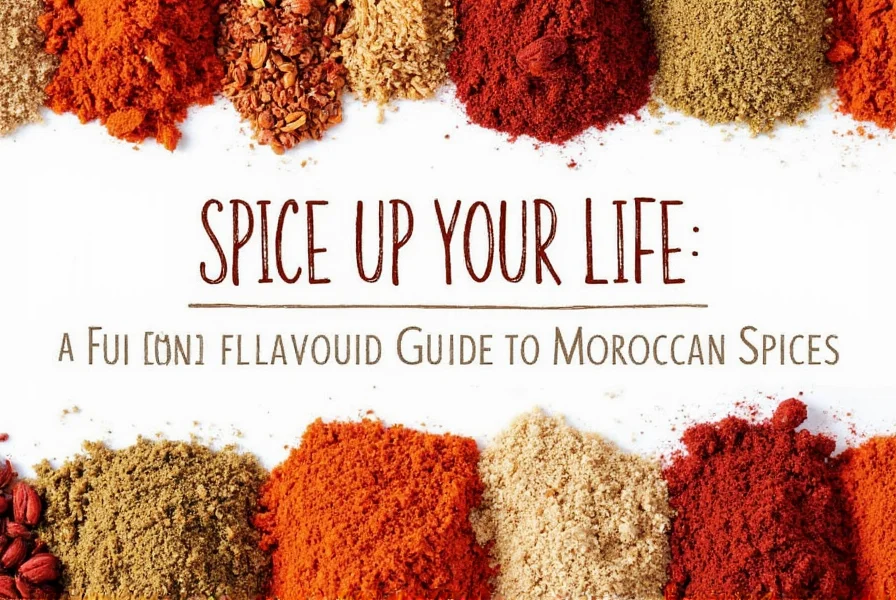
3. Moroccan Ras el Hanout
- Features: A complex blend of spices including cumin, coriander, cinnamon, and cardamom.
- Advantages: Provides a deep, aromatic flavor profile perfect for slow-cooked dishes and stews.
- Use Cases: Meat dishes, tagines, soups, and marinades.
- Target Audience: Adventurous cooks, international cuisine lovers, spice collectors.
- Suitable Occasions: Dinner parties, cultural feasts, cooking classes.
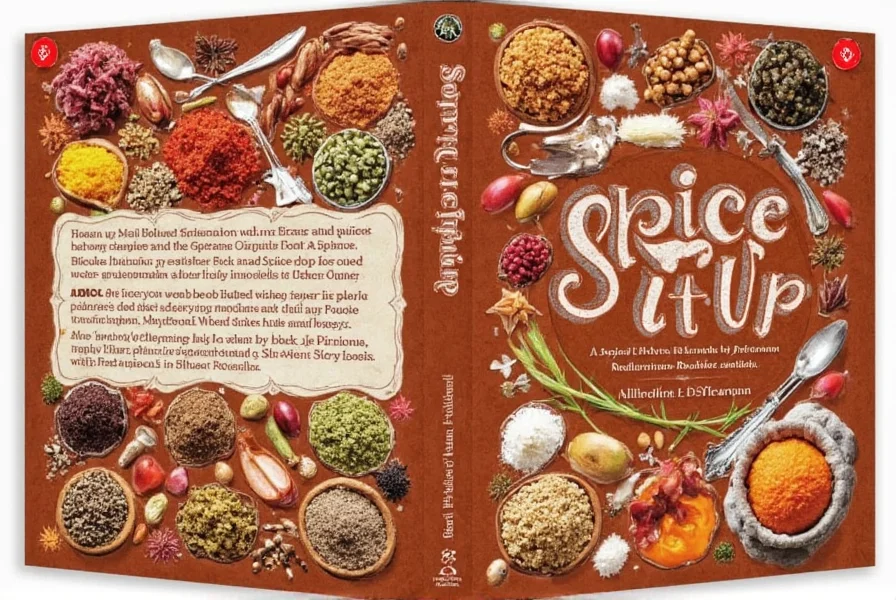
Conclusion
Mediterranean spices are more than just ingredients—they're a bridge between cultures, a celebration of tradition, and a source of endless culinary inspiration. Whether you're a seasoned chef or a curious food lover, exploring these spices can open up a world of flavors and possibilities. So, grab a pinch of oregano, a sprinkle of sumac, and let the Mediterranean magic unfold in your kitchen.
As we've seen, the world of Mediterranean spices is vast and fascinating. With the right knowledge and tools, anyone can enjoy the rich, aromatic flavors that define this beloved culinary tradition.

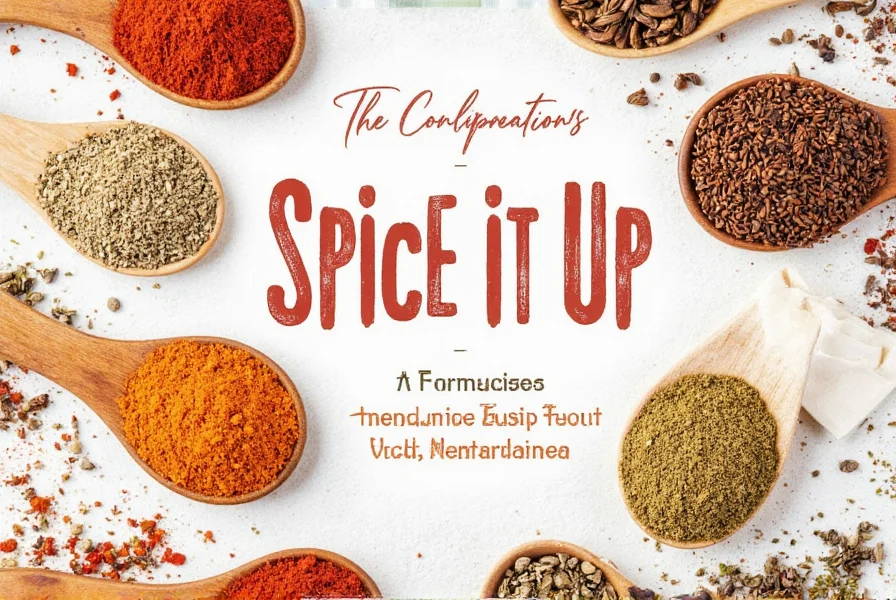









 浙公网安备
33010002000092号
浙公网安备
33010002000092号 浙B2-20120091-4
浙B2-20120091-4